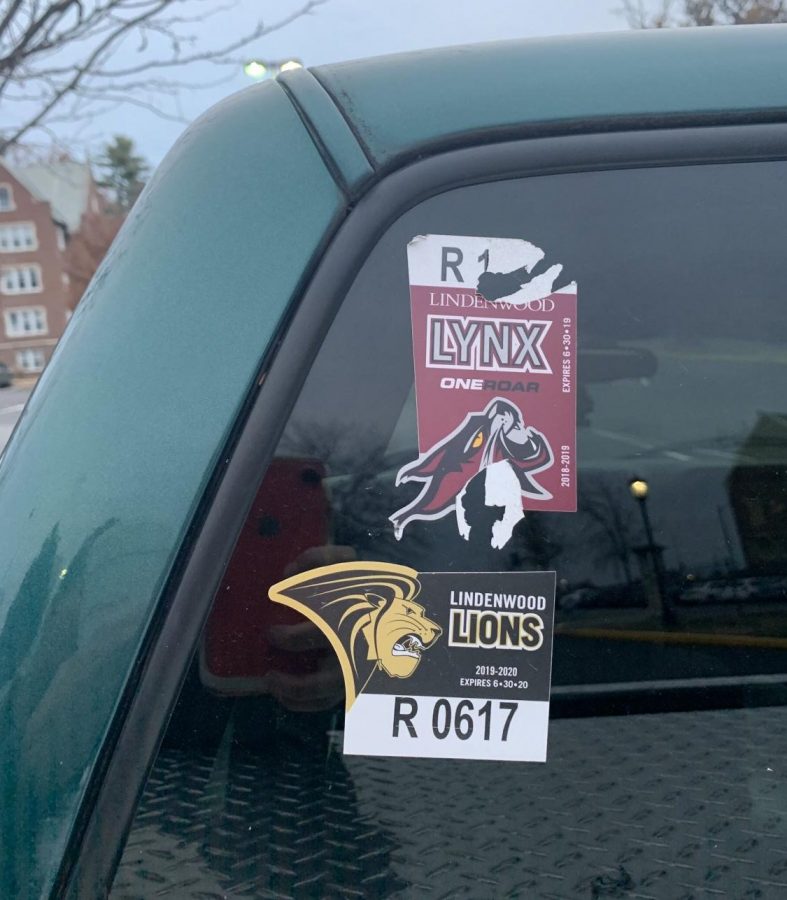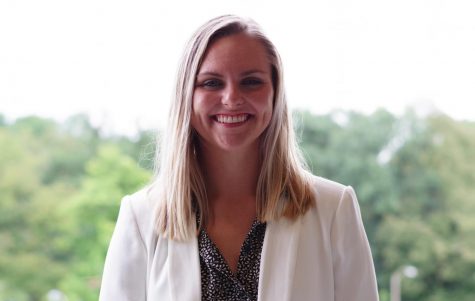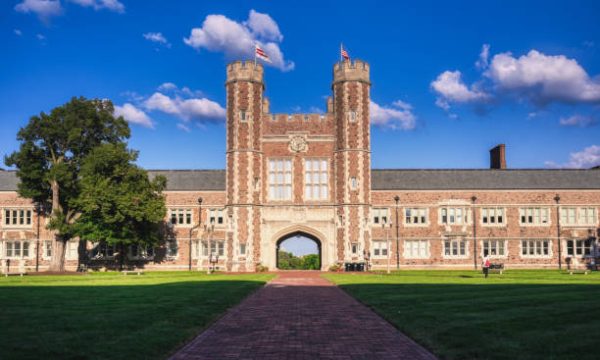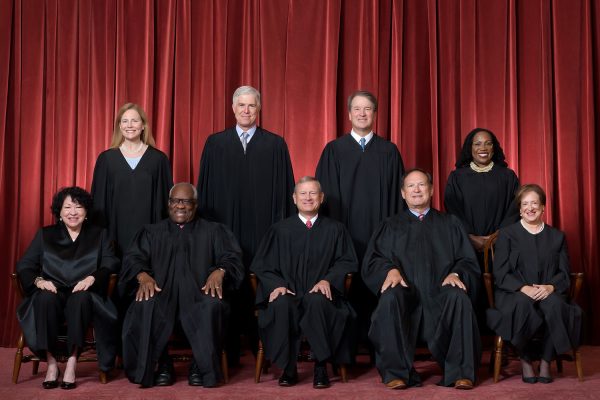Where Lynx are going before Belleville undergrad ends in May
Photo by Kayla Drake
As of Dec. 2, 86 Belleville students have confirmed to transfer to St. Charles in the spring, making the transition from a Lynx to a Lion.
December 7, 2019
Spring semester marks a step closer to Lindenwood-Belleville’s campus undergraduate programs closing indefinitely.
With that, 86 students from Belleville have confirmed to transfer to St. Charles next semester, according to the Belleville Associate Provost, Renee Porter.
Lindenwood’s campus in Belleville, Illinois is closing its undergraduate programs in May 2020 after university officials found out it needed 25 million in renovations.
Out of around 1,000 students, only 10 percent of Belleville students were from the local area, most being brought in on athletic or international scholarships, Porter said.
Belleville senior Guadalupe Oliva Escudero played on both lacrosse and volleyball teams. Oliva Escudero stayed at Belleville for the fall semester because of an internship and to play her last volleyball season, but since the lacrosse program was cancelled, there was no reason for her to stay in the spring.
“Since I am double-majoring, I can’t risk delaying my degree,” she said. “Next semester not a lot of classes are available.”
Administration and the offices that have helped with Belleville students’ transition to the St. Charles campus are starting to see the light at the end of the closure.
Out of the 86 students coming to St. Charles, 73 have confirmed to live on campus, according to the Associate Director of Residential Life, Jesus Lopez. There is not a specific dorm Belleville students are moving into; Lopez said he expects to place a Belleville student in every dorm.
A majority of these students moving into dorms are upperclassmen, with just seven being freshmen.
Residential life worked to place every student individually and is letting students move in either during finals or on Jan. 10. If a Belleville student’s new room on the St. Charles campus is occupied, then Residential Life is giving them permission to keep their belongings at their dorm in Belleville until next semester.
“The goal is when they come back in the spring, like everybody else, they can have a smooth start,” Lopez said.
Lopez said the biggest challenge of the Belleville closure for Residential Life was the volume of students because his office tries to individualize their approach, “especially when circumstances are a little difficult.”
Lopez said Belleville students are still signing up as of this week, but room assignments will be determined by finals.
Despite over two-thirds of Belleville students being athletes, Belleville Athletic Director Ryan Kaiser said many transfers will not be able to compete at the NCAA level. Of 255 fall Belleville transfers, only 72 athletes have continued their athletic careers in St. Charles – with baseball, men’s track and field and cheer bringing in the most, according to Athletics.
Oliva Escudero said she plans to try out for the lacrosse team this spring. She said most of her friends at Belleville chose to transfer to St. Charles over another school because Lindenwood matched every scholarship dollar and her classes easily transferred.
Oliva Escudero said her only concern was getting used to a bigger campus.
“It makes me nervous to be around that many people, but my friends have said once you get used to it, [St. Charles] is actually better than Belleville,” she said.
Christie Rodgers, associate vice president of Student and Academic Support Services, calls Belleville students “transitioning” students, because technically they’re not new students.
The SASS office is organizing the “Lynx to Lions Welcome” from President John Porter and Vice President of Admissions Terry Whittum in January. Rodgers said it is the SASS office’s job to cultivate a sense of belonging for students.
“We know this transition was hard for them,” she said. “It was a shock for them and changed what they had planned, but sometimes we can make change be a positive thing.”

















